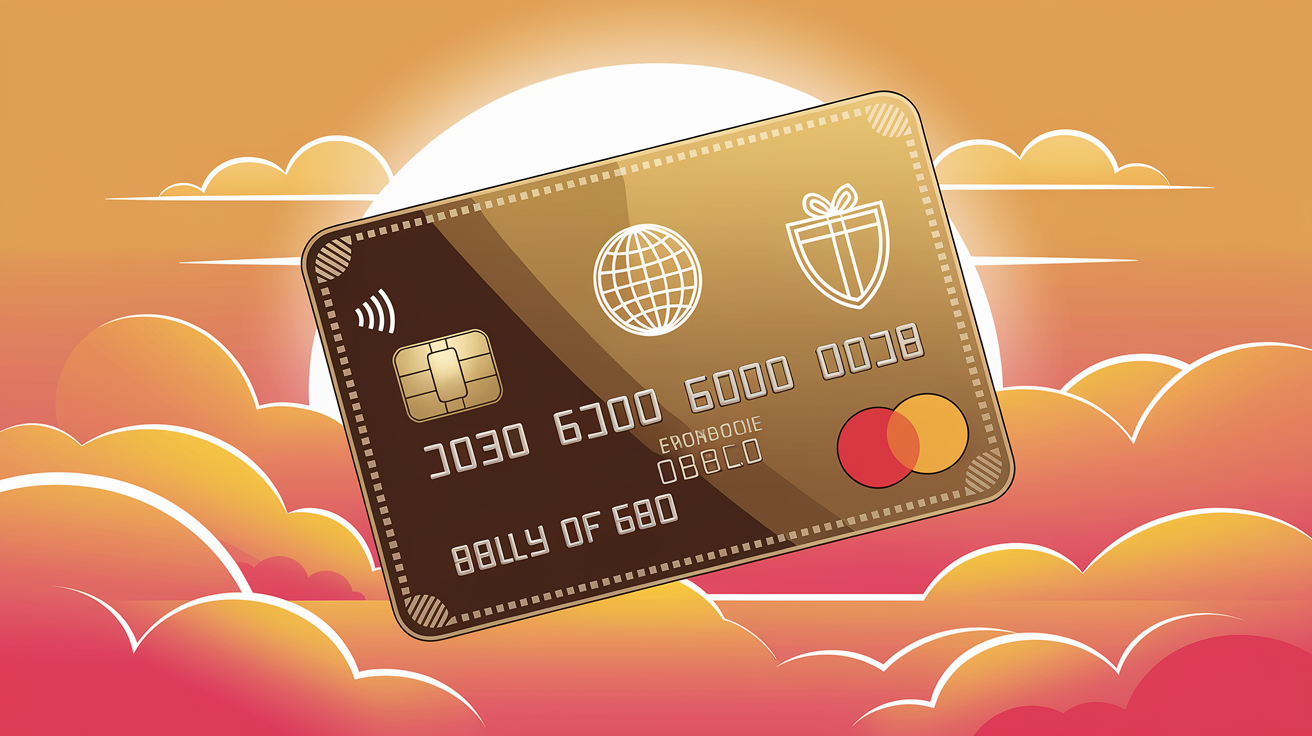The choice between credit and debit cards is akin to deciding between two different tools in a financial toolbox. Both have their advantages and challenges, which can impact daily life. Credit cards offer flexibility and security, while debit cards represent spending control and the absence of debt. Each type of card has its role and significance, which varies depending on individual needs and financial goals. This article highlights the advantages and disadvantages of both types of cards to assist investors and private savers in their decision-making.
Credit Cards in Everyday Life: A Balance Between Flexibility and Responsibility

The use of credit cards has become almost indispensable in today’s world, both in daily work life and during international travel. Their most significant advantage undoubtedly lies in their flexibility. This is due to the credit limit, which users can generally utilize on a monthly basis. Especially abroad, credit cards are extremely convenient, as their acceptance is high globally, thus avoiding unpleasant financial difficulties in many situations.
Another decisive advantage of credit cards is the aspect of security. Most providers include insurance services, such as travel insurance or purchase protection, that can offer financial protection in unforeseen events. Additionally, they facilitate the management of unfortunate events such as card loss by quickly providing replacement cards or emergency cash.
An attractive incentive that many credit cards offer is rewards programs. These range from cashback options to bonus points that can be used for future purchases or travel. Not only do they help reduce actual costs, but they also promote regular card use.
However, despite these advantages, there are also downsides that should not be underestimated. An obvious issue is the associated costs: annual fees and interest, if the balance is not paid in full, can quickly become burdensome. Even more serious is the risk of falling into debt. While the option to make installment payments may seem tempting, it carries the risk of living beyond one’s financial means.
Additionally, credit cards often require a credit check. For individuals with poor creditworthiness, this can pose an obstacle. There are also countries and merchants that, despite the general acceptance of credit cards, do not accept them, which can lead to potential problems during international travel.
Overall, credit cards prove to be a powerful tool that, if used wisely and with discipline, can offer significant benefits. However, it requires attention and a conscious decision regarding one’s financial habits to avoid possible downsides and derive true value from credit card usage.
Debit Cards in Everyday Life: A Balance in Financial Control

Debit cards have established themselves as a convenient and efficient payment method, attracting millions of users worldwide. The heart of their appeal lies in the immediate deduction from the account, which enables users to always keep an eye on their finances. This immediate deduction ensures that expenses do not exceed the available balance, significantly reducing the risk of debt. Unlike credit cards, this process does not incur interest charges, leading to long-term financial relief for many families.
One of the greatest strengths of debit cards is their broader worldwide acceptance. Thanks to modern security features like two-factor authentication, consumers feel secure while shopping online and during international transactions. Many banks also offer debit cards without additional costs, making them particularly attractive to cost-conscious users. However, there are also situations where a debit card presents disadvantages. The lack of a credit limit can be problematic when significant unexpected purchases are necessary or when unforeseen financial difficulties arise.
Travelers benefit from debit cards thanks to the ability to manage multiple currencies and avoid exchange fees. However, using debit cards abroad can be complicated by fees for foreign transactions and limited acceptance, for example, for hotel deposits and car rentals. Some providers require a credit card as a guarantee, thus limiting debit card usage.
For everyday use, debit cards represent a reliable companion that combines financial control with a certain degree of flexibility. However, for those facing financial difficulties or emergencies requiring short-term credit, they do not offer a solution. The choice between a debit card and a credit card is ultimately personal and should be oriented to the user’s financial habits and needs. The balance between control, security, and availability makes the debit card a valuable element of modern financial management.